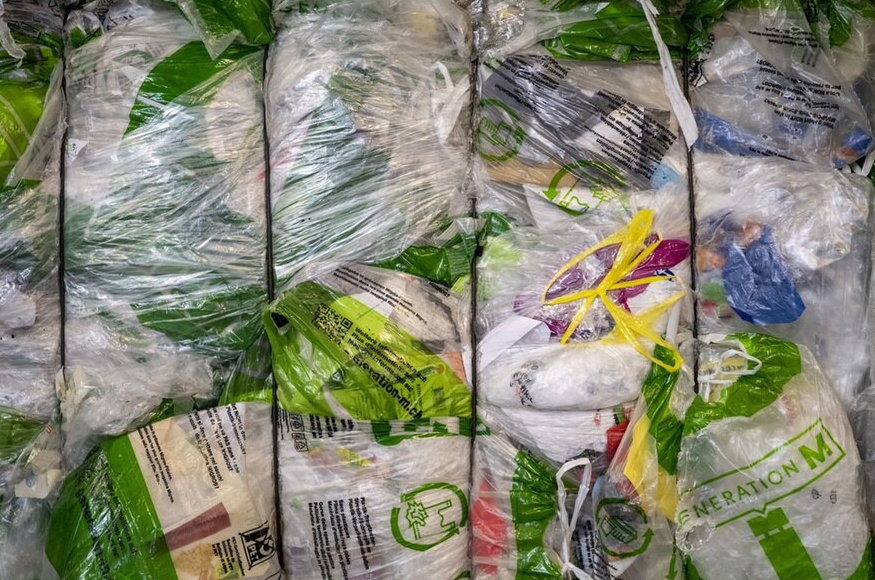Won’t go to waste: but plastic in Switzerland is not always so well recycled. Keystone / Urs Flueeler The Federal Audit Office says there needs to be more transparency around the various fees and taxes which fund Switzerland’s recycling system. The auditors wrote on Wednesday that CHF176 million (2 million) in recycling taxes and fees were collected in 2019: these included state-organised prepaid disposal fees on glass and batteries, and voluntary, private sector-run contributions on PET packaging, aluminium, tin cans, electrical appliances and light bulbs. However, consumers do not have enough information about whether their waste is “simply collected, burned, or actually recycled”, the auditors say. + How (well) the Swiss recycling system works They also
Topics:
Swissinfo considers the following as important: 3.) Swissinfo Business and Economy, 3) Swiss Markets and News, Business, Featured, newsletter
This could be interesting, too:
Nachrichten Ticker - www.finanzen.ch writes Die Performance der Kryptowährungen in KW 9: Das hat sich bei Bitcoin, Ether & Co. getan
Nachrichten Ticker - www.finanzen.ch writes Wer verbirgt sich hinter der Ethereum-Technologie?
Martin Hartmann writes Eine Analyse nach den Lehren von Milton Friedman
Marc Chandler writes March 2025 Monthly
The Federal Audit Office says there needs to be more transparency around the various fees and taxes which fund Switzerland’s recycling system.
The auditors wrote on Wednesday that CHF176 million ($192 million) in recycling taxes and fees were collected in 2019: these included state-organised prepaid disposal fees on glass and batteries, and voluntary, private sector-run contributions on PET packaging, aluminium, tin cans, electrical appliances and light bulbs.
However, consumers do not have enough information about whether their waste is “simply collected, burned, or actually recycled”, the auditors say.
+ How (well) the Swiss recycling system works
They also criticised the lack of data available to the Environment Ministry, which would help policymakers to understand how well the private-run contribution schemes were working.
As such, more information is needed on exactly how the charges levied are used, the auditors said. They also want to know more about the financial situation of waste-management organisations, which gather the resources and redistribute them to the municipalities and companies responsible for collection, transport and recycling.
The same situation applies to the recycling process itself: it’s not clear how much this costs and for how much the recycled produce is then sold on, the oversight body said.
The auditors say a bill to be discussed soon in parliament, concerning the circular economy, could represent an opportunity to fill some of these holes in knowledge.
Tags: Business,Featured,newsletter

